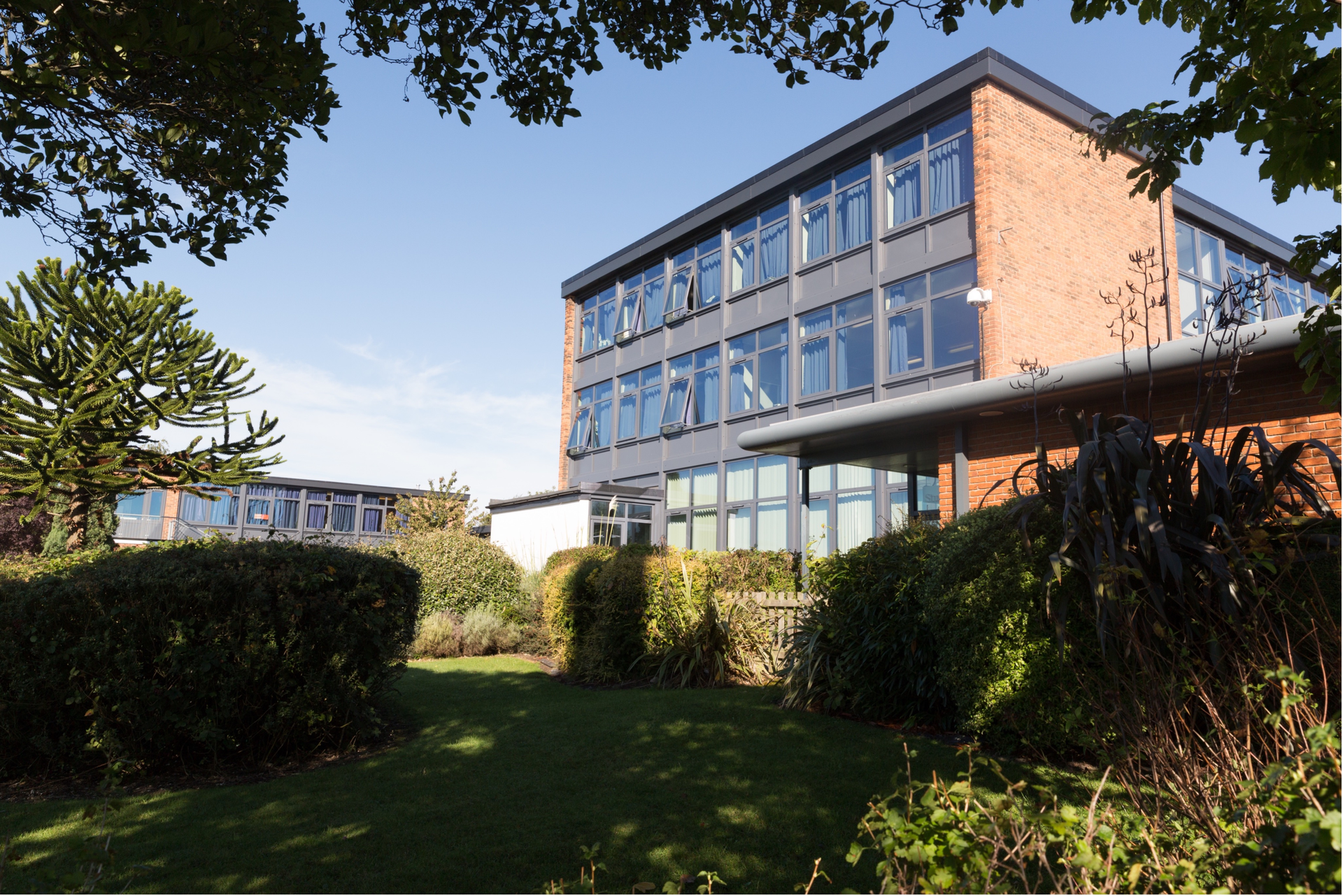Latest News
NEW YEAR 7s - September. Accepting the school place

MARCH 2026
If your child is successful in securing a place for September 2026 at Woodkirk Academy, you will find out on 2 March 2026.
If you wish to accept the offer of a place for September 2026, please click here:
Woodkirk Academy amongst the 15 top-performing Leeds secondary schools based on new final GCSE results

The Department for Education (DfE) has published its final Attainment 8 scores for Leeds secondary schools.
Scores are based on how well pupils have performed in up to eight qualifications, which include English, maths, three English Baccalaureate subjects including sciences, computer science, history, geography and languages, and three other additional approved GCSEs.
The revised results for GCSE students in 2025 follows on from the provisional results published in October which now include adjusted scores following re-marks and appeals.
The full article in The Yorkshire Evening Post can be found here: CLICK HERE











